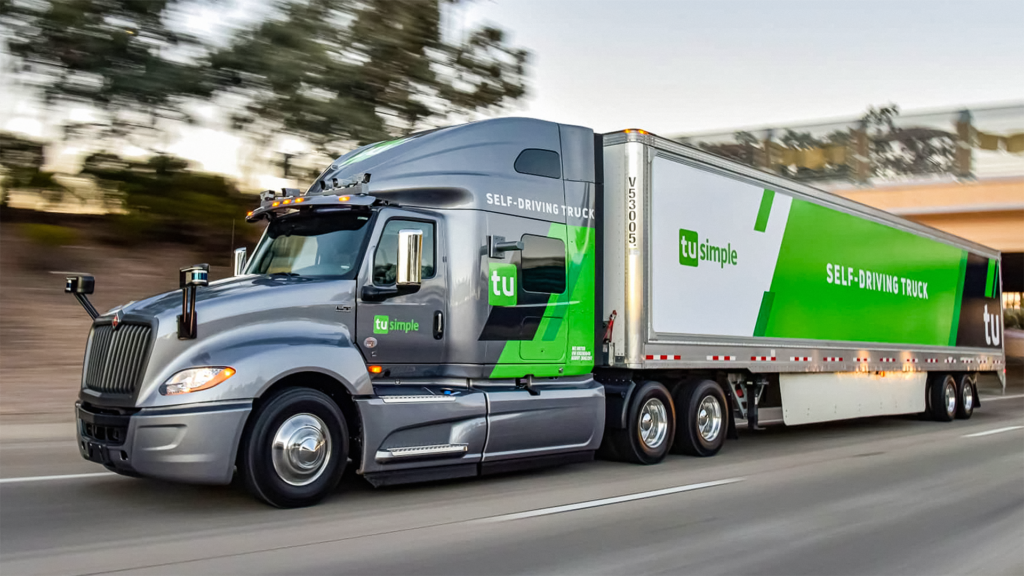
Indiana lawmakers propose partial ban on self-driving trucks
The recent legislative moves in Indiana to regulate autonomous trucks have sparked a crucial conversation about the future of trucking, an industry integral to our nation’s economy. As we delve into the implications of these bills, it’s important to understand their context, potential impact, and the perspectives from various stakeholders in the transport and logistics sector.
Understanding the Legislation
Indiana’s lawmakers, including Rep. Cindy Ledbetter and Senators James Tomes, Vaneta Becker, and Mark Messmer, have introduced Senate Bill 57 and House Bill 1022. These bills aim to ban autonomous semi trucks from Indiana’s roadways unless there is a human driver in the cab. This regulation is not just about maintaining control over emerging technology but also about addressing concerns over job security for truckers and safety on the roads.
Why Human Oversight is Needed
The bills stipulate that a human operator, meeting all state and federal qualifications to operate a tractor-trailer, must be physically present in the vehicle. This requirement is seen as a safeguard against various potential issues like malfunctioning WiFi, sensor blockages, and cyberattacks, which could pose significant threats not only to the truck’s operation but also to public safety.
Impact on the Trucking Industry
A notable aspect of this legislation is its focus on protecting truck driving jobs. With the advancement of autonomous technology, there’s a palpable fear among truckers of job displacement. A study from the Government Accountability Office reported that nearly 1 million truck drivers could potentially lose their jobs to fully autonomous trucks. This concern is echoed by truck drivers and company owners, who have rallied at the Statehouse, emphasizing the need for more research and the cautious implementation of autonomous vehicle technology.
The Balance Between Technology and Safety
While autonomous trucks promise increased efficiency and safety by eliminating human error, there’s a clear need for a regulatory framework. Such regulations would guide the deployment and operation of these vehicles, ensuring safety for all road users. Opponents of the bill argue that prohibiting autonomous trucks without a proper regulatory framework could hinder technological advancements that potentially enhance road safety.
The Future of Trucking
As the industry continues to evolve with technological advancements, the debate around autonomous trucks presents a complex challenge. The key lies in finding a balance that embraces innovation while ensuring safety and job security in the trucking industry. Indiana’s legislative session in 2024 marks a pivotal moment in this ongoing discussion, setting a precedent that could influence future regulations both within the state and nationally.
In conclusion, Indiana’s approach to regulating autonomous trucks highlights the intricate interplay between technological progress, job security, and public safety. It’s a microcosm of a larger debate that’s unfolding across the nation, one that will shape the future of the logistics and transport industry. As we keep a close watch on the outcomes of this legislation, it’s clear that the decisions made here will have far-reaching implications for truckers, technology developers, and the broader community.
